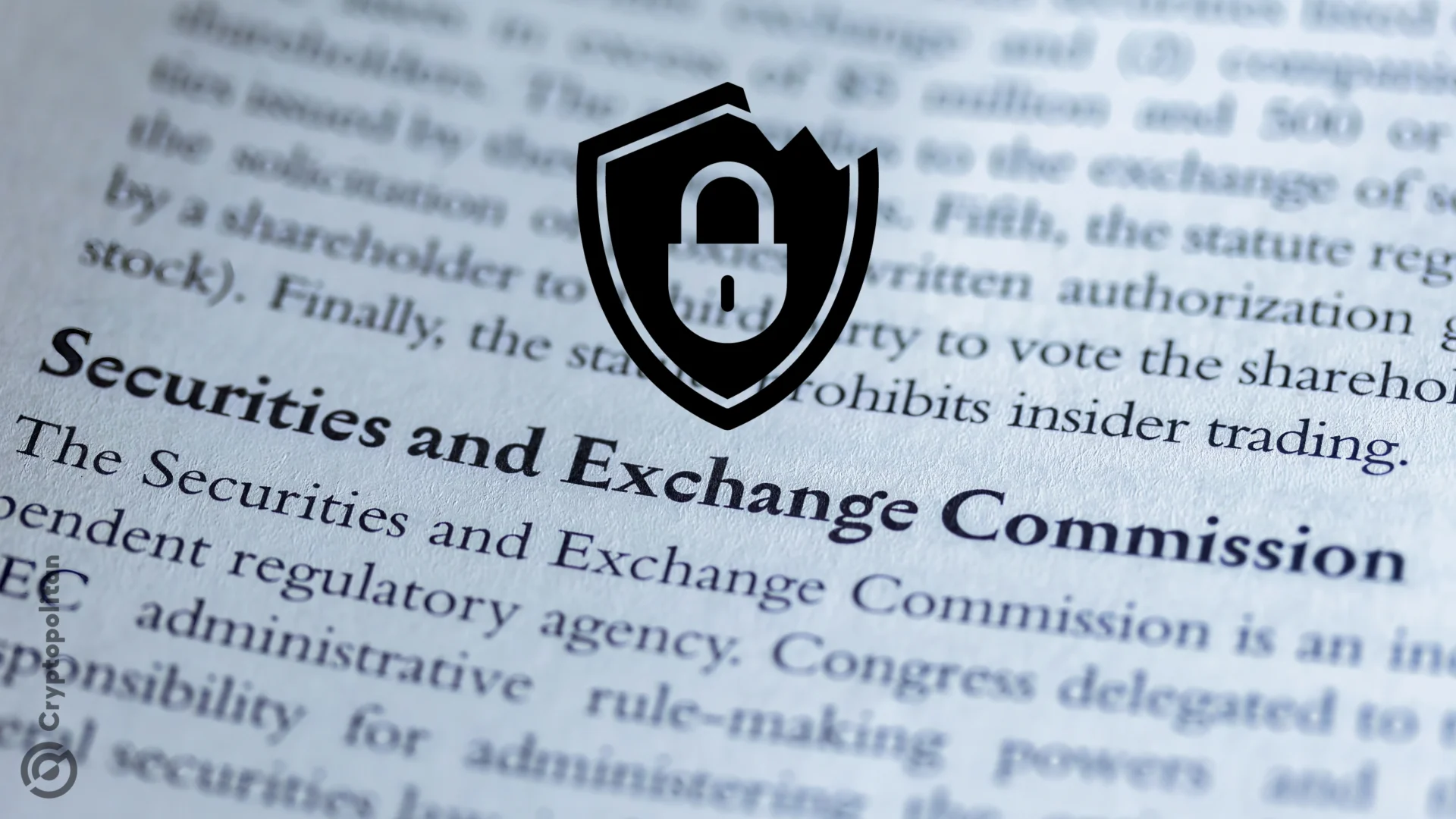The securities regulator recently warned about scams involving ‘crypto asset securities,’ starting a debate around the term’s legal status. Previously, Ripple’s Chief Legal Officer Stuart Alderoty, argued that the term lacked a legal definition when the SEC used it in an FTX-related filing.
In the SEC’s enforcement actions with exchanges and crypto companies, what truly qualifies as a “crypto asset security” under US law may remain unanswered.
The SEC has not defined ‘crypto asset securities’
The US Securities and Exchange Commission (SEC) warned about crypto investment scams in a post on X. What caught attention is the agency’s use of the term ‘crypto asset securities.’ The SEC linked the post to an investor blog from May 2024 that listed 5 ways scammers can defraud investors using ‘crypto asset securities.’ The piece also references crypto asset securities-related investments several times.
Investors trying to figure out what a crypto asset security is https://t.co/lDPAkEx9bt pic.twitter.com/2xm7yLd6r0
— Eleanor Terrett (@EleanorTerrett) September 12, 2024
Previously, Ripple Chief Legal Officer Stuart Alderoty called out the securities regulator for using the term without legal backing. He referenced the SEC filing in the FTX bankruptcy document, stating, “it’s a fabricated term with no legal basis.”
Alderoty also argued that the SEC is trying to mislead judges by using the term as the document mentions,” The Debtors’ portfolio includes crypto asset securities which the Debtors may seek to monetize and/or distribute pursuant to the Plan.” The response could indicate that some of the FTX-held assets maybe considered securities by the SEC. However, the securities regulator has refrained from commenting on the legality of the assets under federal securities laws.
The term lacks legal backing
The SEC website only defines crypto assets. Financial Industry Regulatory Authority (FINRA) also doesn’t mention what defines a crypto asset security. What constitutes a security for the SEC has been a matter of legal debate.
Amid several enforcement actions, the securities regulator has pulled up exchanges for listing tokens that could be considered securities or sued platforms for the unregistered sale of securities. For this, the SEC has relied on the Howey test from a 1946 court case to determine which investment contracts are subject to the securities law.
However, commentators have called its application somewhat uneven during the much-publicized Ripple lawsuit. Last month, the court verdict was considered against the SEC as Ripple Labs faced a civil penalty of $125 million, a fraction of the $2 billion ask. In its recent legal tussle with eToro, the SEC has indicated that Bitcoin, Bitcoin Cash, and Ethereum are not securities. But it still leaves a lot of room to interpret what can be considered a ‘crypto asset security.’










